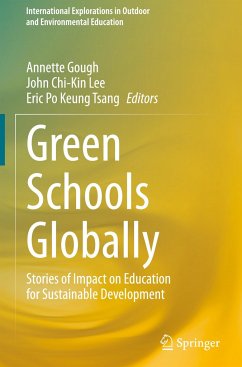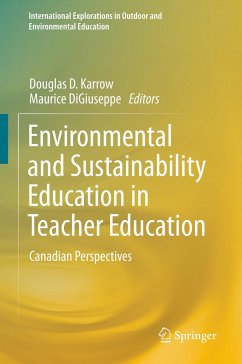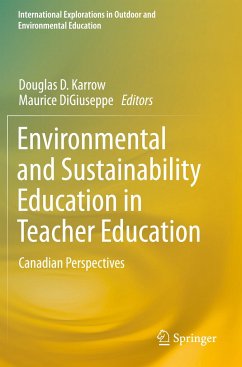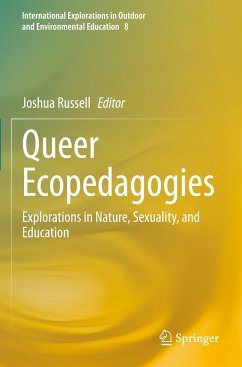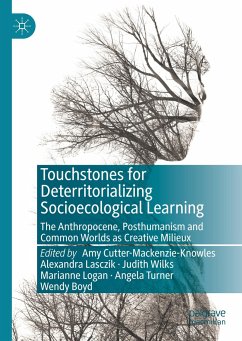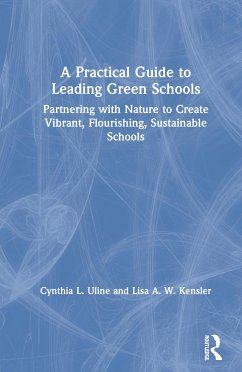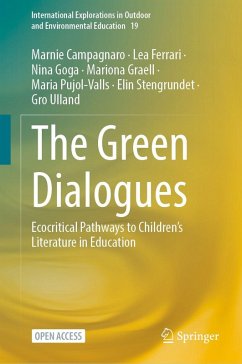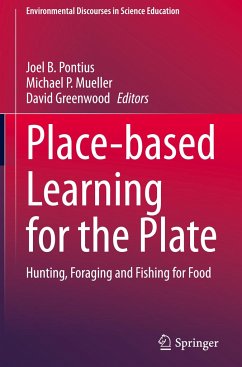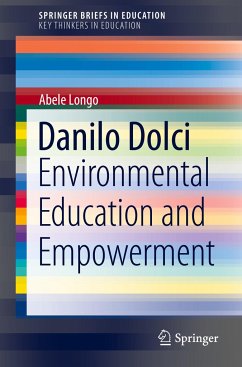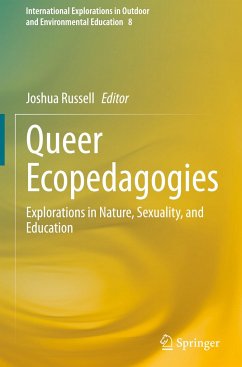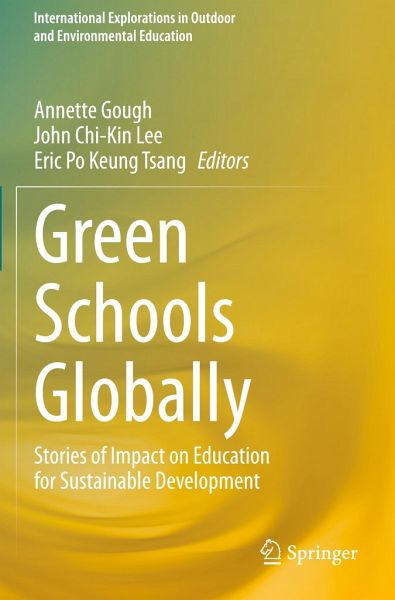
Green Schools Globally
Stories of Impact on Education for Sustainable Development
Herausgegeben: Gough, Annette; Lee, John Chi-Kin; Tsang, Eric Po Keung
Versandkostenfrei!
Versandfertig in 6-10 Tagen
151,99 €
inkl. MwSt.

PAYBACK Punkte
76 °P sammeln!
This book brings together stories of the green schools movement ((Eco Schools, Enviroschools, Green Schools, Sustainable Schools, ResourceSmart Schools etc) in several countries around the world, with a focus on the impact of the movement on the development and implementation of education for sustainable development in each of the countries. In particular, each story will explain the history of the movement per country, its current status, achievements, obstacles and broader impact.There have been a number of evaluations of these school movements at a national or more local level, and numerous...
This book brings together stories of the green schools movement ((Eco Schools, Enviroschools, Green Schools, Sustainable Schools, ResourceSmart Schools etc) in several countries around the world, with a focus on the impact of the movement on the development and implementation of education for sustainable development in each of the countries. In particular, each story will explain the history of the movement per country, its current status, achievements, obstacles and broader impact.
There have been a number of evaluations of these school movements at a national or more local level, and numerous articles and chapters have been published on aspects of these schools' activities, but to date these have not been brought together in a single volume that focuses attention on the impact of the movement on education for sustainable development in each country. This is the purpose of this volume.
The green schools movement focuses on a whole school approach which aims to include everyone (students, teachers and the local community), to improve school environments, including resource usage and the environmental footprint of the school, to motivate students to take on environmental problems and seek resolutions particularly at a local level but also thinking globally, and to improve students' attitudes and behaviours as part of developing a sustainable mind set.
There have been a number of evaluations of these school movements at a national or more local level, and numerous articles and chapters have been published on aspects of these schools' activities, but to date these have not been brought together in a single volume that focuses attention on the impact of the movement on education for sustainable development in each country. This is the purpose of this volume.
The green schools movement focuses on a whole school approach which aims to include everyone (students, teachers and the local community), to improve school environments, including resource usage and the environmental footprint of the school, to motivate students to take on environmental problems and seek resolutions particularly at a local level but also thinking globally, and to improve students' attitudes and behaviours as part of developing a sustainable mind set.



